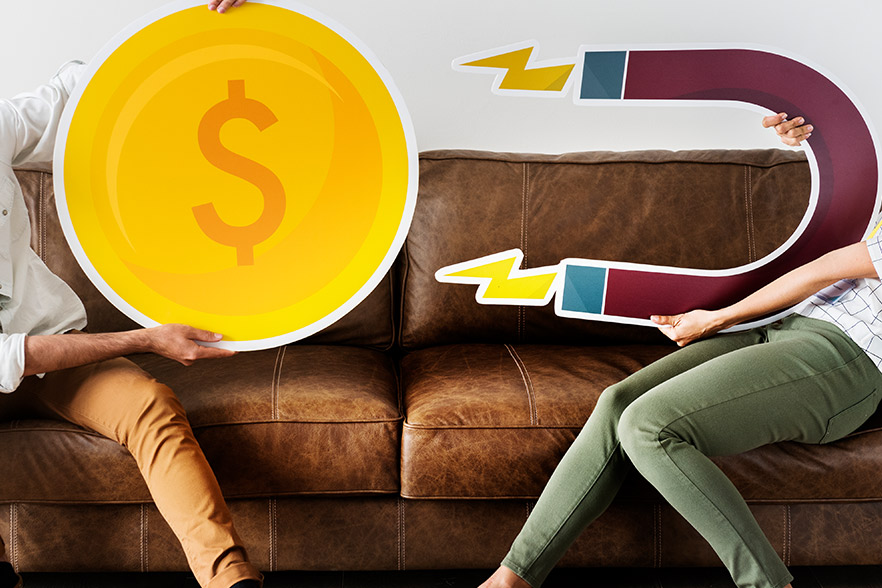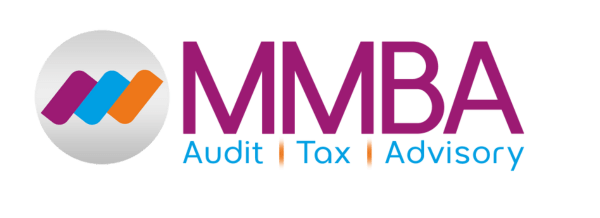
A Comprehensive Guide About How Much Dividends Can I Pay Myself
Home / How much dividends can i pay myself
Recent Blog
Arrange a FREE Consultation Call and Let’s Discuss Your Goals!
Each tax year, you get a tax-free dividend allowance. For the 2024/25 tax year, you can receive up to £500. Any dividend income above this is taxed based on your total income.
| Tax Band | Total Income (Including Dividends) | Dividend Tax Rate |
| Basic Rate | Up to £50,270 | 8.75% |
| Higher Rate | £50,271 – £125,140 | 33.75% |
| Additional Rate | Above £125,140 | 39.35% |
Table of Contents
Dividend is a sum of money that is paid which the company pays regularly to its stakeholders from its profits. However, the sum of depends on several factors. If you own a limited company, this gives you a flexibility in how you take money out. Moreover, another aspect is that you can pay yourself through salary and dividends, this leads balancing tax efficiency. But how much dividends can you pay yourself? That depends on your company’s profits, tax implications, and personal income. For this one needs assistance from an expert. MMBA Accountants has years of experience, and they can give you unmatched advice on this.
Understanding Dividend Payments
Dividends are payments from company profits and this is exclusively for the shareholders. If you own a limited company, you can distribute dividends only if there’s sufficient profit after covering business expenses and corporation tax.
As we know that salary is subject to national insurance contributions (NICs), but dividends are not subject to national insurance contributions (NICs). This makes them a tax-efficient way to extract money from your company. However, you’ll still need to pay tax on dividends, and it is based on your total taxable income.
How Much Dividends Can I Pay Myself?
There’s no legal limit on how much dividends you can take, as long as your company profits allow it. However, you must consider:
Company’s profits
Before distributing dividends, you must make sure that your business has enough profit after taxes.
Tax implications
Your dividend income is subject to income tax, but it is not subject to national insurance.
Personal allowance
The first £12,570 of your total income (including salary and dividends) is tax-free in the UK.
If you are the only director and shareholder, you decide how much to take, but it must align with your company’s accounts.
Optimising Salary and Dividends
Most company directors take a small salary (typically below the personal allowance threshold) and then they receive dividends to reduce income tax and national insurance.
A common strategy is
Pay yourself a salary up to the NIC threshold (£12,570 in 2024/25) to maintain your national insurance record for the state pension.
- Take dividends from company profits to supplement your income.
- This method minimises pay of national insurance while making full use of the dividend allowance.
Key Tax Considerations When Paying Dividends

Before deciding how much dividend to take, consider:
- You must pay corporation tax (currently 25% for most companies) before distributing dividends.
- Dividends do not reduce company profits for tax purposes, unlike business costs such as salaries.
- If you take higher dividends, you may move into the highest income tax band, leading to higher tax.
- Dividends are declared in the company’s annual accounts and must be backed by profit.
How to Issue Dividends Correctly
To legally pay dividends, follow these steps
Check company profits
Make sure that your own company has enough retained profit.
Declare dividends
Another aspect is that directors must officially declare them.
Issue a dividend voucher
This document records:
- Date of the dividend payment
- Name of the shareholder
- Dividend amount paid
Record in company accounts
All dividend payments must be documented properly
Other Income & Personal Tax Liability
Your personal tax liability depends on your total income, this includes:
- Salary and dividends from your own limited company
- Other taxable income, such as rental or self-employment earnings
- If you have other income, your tax on company dividends could be higher. Furthermore, you require an assessment tax return in case your dividend income exceeds £10,000.
What If Your Company Doesn’t Have Enough Profit?
Taking dividends without sufficient profit is illegal. Instead, you can:
- Leave funds in the company for a future accounting period
- Take a director’s loan, but this may have tax consequences if not repaid within nine months
How Much Dividends Should You Take?
The best approach depends on:
- Your company’s shares and available profits
- Your personal income and other taxable income
- Staying within the most tax-efficient bands
- Ensuring compliance with tax laws
For further advice, consult an accountant who understands small business finances and can guide you through the best strategy.
Conclusion
Deciding how much dividends to pay yourself requires careful planning. Moreover, you need to make sure that your own limited company has sufficient profit after paying corporation tax, while also considering the tax implications on your personal income. A balanced mix of salary and dividends can help small business owners reduce their personal tax liability and avoid incurring national insurance unnecessarily. Always issue a dividend voucher, track company finances, and stay within tax-free allowances where possible. If unsure, seek further advice to optimize your business finances and avoid unexpected tax bills.
FAQs
How much profit does my company need to pay dividends?
Your limited company must have enough profit after paying corporation tax before issuing dividends.
Do I incur national insurance on dividend income?
No, dividend income is not subject to national insurance contributions, making it a tax-efficient way to pay yourself.
When can my company start paying dividends?
Your company paying dividends must have recorded profits in its accounts. The date company declares dividends must align with financial records.
Should small business owners take salary or dividends?
Many small business owners and limited company owners take a small salary and more money in dividends to reduce income tax.
What tax do company owners pay on dividends?
Company owners pay dividend tax based on their income tax band, but dividends are taxed lower than salary.


